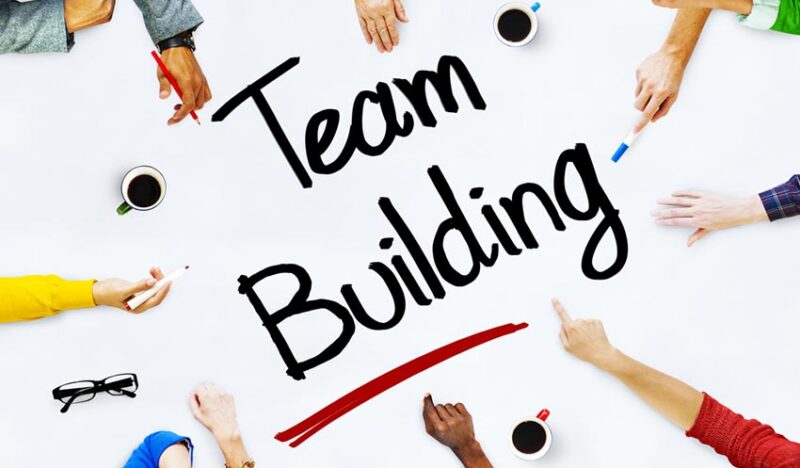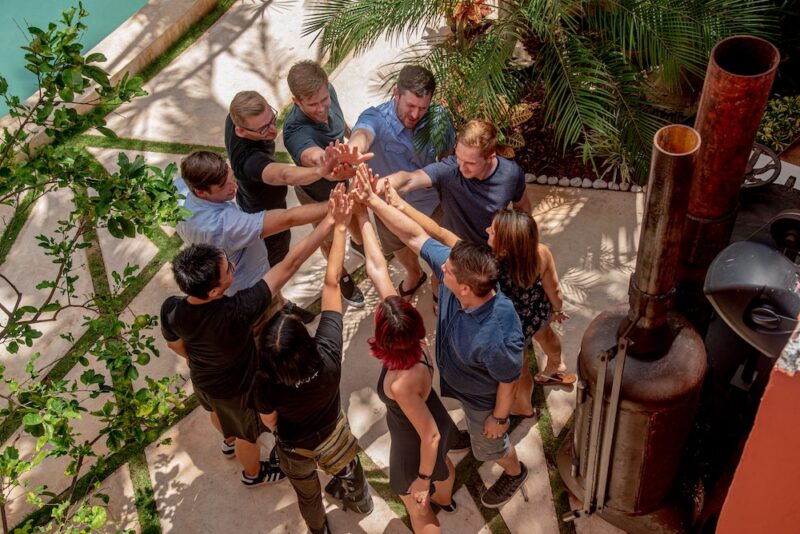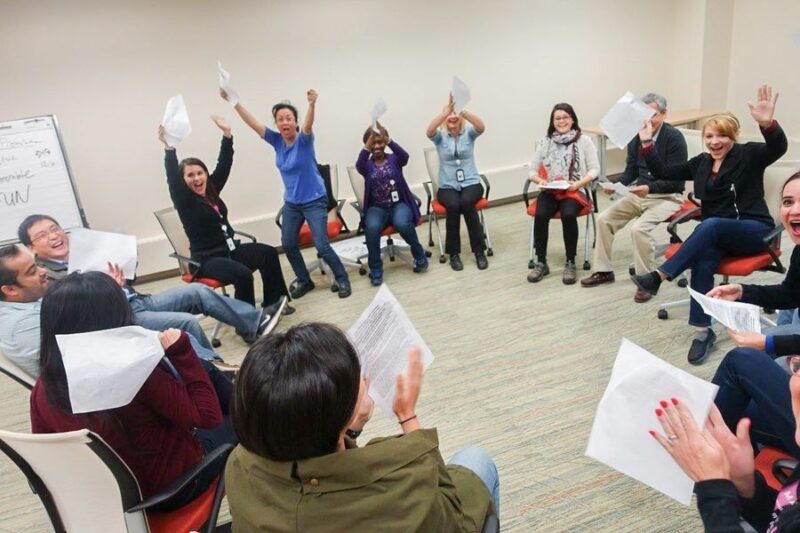Planning a successful team-building event is both an art and a science. It requires careful consideration of various factors to ensure that the event is not only enjoyable but also effective in achieving its objectives.
Team building is essential for fostering a strong, cohesive workforce, and when done right, it can significantly boost morale and productivity. In this comprehensive guide, we will delve into expert tips for planning a seamless team-building event.
Understanding the Purpose

Before jumping into the logistics of planning a team-building event, it’s crucial to understand the purpose behind it. Are you aiming to improve communication, build trust, resolve conflicts, or simply give your team a break from the routine?
The goal of the event will guide every decision you make, from choosing the activities to selecting a venue. A clear understanding of the objectives will ensure that the event is not just fun but also aligns with your team’s needs and the company’s goals.
Selecting the Right Activities
The core of any team-building event is the activities you choose. These should be engaging, inclusive, and relevant to your team’s dynamics and the objectives of the event. Avoid falling into the trap of picking activities that are too generic or disconnected from your team’s reality.
If the goal is to boost communication, choose exercises that require team members to interact and express themselves clearly. For building trust, activities that require reliance on each other are ideal.
For a hands-on and impactful team-building experience that promotes collaboration and a sense of accomplishment, consider activities like building bikes together.
These hands-on projects not only foster teamwork but also allow team members to see the tangible results of their collective efforts. To learn more about bike-building as a team-building activity, read more.
By selecting activities that align with your team’s specific needs and goals, you can create a memorable team-building event that leaves a lasting positive impact.
Venue Selection
The venue plays a significant role in the success of a team-building event. It should be conducive to the activities planned and accessible to all team members. Whether you opt for an outdoor adventure or an indoor workshop, the venue should complement the event’s theme and be equipped with all necessary facilities.
Consider the size of your team, transportation options, and any special needs of your team members when selecting the venue.
Timing and Duration

Timing is everything. The date and duration of the event should be chosen with consideration to the team’s workload and personal commitments. Avoid busy periods when team members are likely to be stressed or have tight deadlines.
The duration of the event should be sufficient to accomplish its objectives without being too lengthy or disruptive to work schedules. A well-timed event shows respect for your team’s time and commitments, increasing their willingness to participate and engage.
Communication and Expectation Setting
Clear communication prior to the event is vital. Inform your team about the purpose, activities, venue, and what they should expect. This not only builds anticipation but also helps in managing expectations.
Be open to receiving feedback and answering any queries they might have. Effective communication ensures that everyone is on the same page and can contribute to a successful event.
Inclusivity and Accessibility
An inclusive team-building event takes into account the diverse needs and preferences of all team members. It’s important to ensure that the activities are accessible to everyone, regardless of physical ability or other limitations.
This might mean providing alternative activities for those who cannot participate in certain physical challenges or ensuring that the venue is accessible to everyone. An inclusive event sends a strong message about the company’s values and commitment to all its employees.
Feedback and Follow-Up

Finally, the end of the team-building event should not be the end of your efforts. Gather feedback from participants to understand what worked and what didn’t.
This will help in planning future events and also in measuring the impact of the team-building activity on your workforce. Follow up with your team to reinforce the lessons learned and integrate them into your workplace culture.
Budgeting and Financial Planning
A crucial aspect often overlooked in the excitement of planning is the budget. Team building events can vary widely in cost, and it’s essential to establish a realistic budget early in the planning process. This budget should encompass all aspects of the event, including venue, activities, transportation, food, and any additional resources needed.
Being transparent about the budget with vendors and even with your team can help manage expectations and ensure that the event stays within financial constraints.
Remember, a successful team-building event doesn’t necessarily require a hefty budget; creativity and thoughtful planning can go a long way in delivering an impactful experience within financial limits.
Choosing the Right Facilitators
The facilitators or leaders of the team-building activities play a pivotal role. They should be skilled not just in guiding the activities, but also in engaging participants, encouraging teamwork, and maintaining a positive and inclusive atmosphere.
Depending on the nature of the event, these could be internal leaders or external professionals. When choosing external facilitators, look for experience, expertise in team-building, and a style that matches the culture and dynamics of your team.
Catering to Diverse Interests

While it’s impossible to please everyone, strive to cater to a wide range of interests and preferences. This could mean having a mix of physical activities, intellectual challenges, and creative tasks.
Offer choices where possible, and ensure that no one feels forced to participate in something they’re uncomfortable with. This approach not only respects individual preferences but also introduces an element of personalization that can make the event more engaging for everyone.
Ensuring Safety and Well-being
Safety should be a top priority when planning any team-building event. This includes physical safety during activities as well as ensuring a safe and welcoming environment for all participants.
It’s important to conduct a risk assessment, especially for outdoor or physical activities, and have contingency plans in place. Also, consider the mental and emotional well-being of your team. The event should be a stress-free environment where everyone feels respected and valued.
End Note
In crafting a team-building event, the key lies in careful planning, attention to detail, and a deep understanding of your team’s dynamics and needs. By taking these factors into account, you can ensure a successful and memorable team-building experience that not only entertains but also strengthens the fabric of your team.
The benefits of a well-planned team-building event can be far-reaching, contributing to a more collaborative, motivated, and productive workforce.
Related Posts:
- How to Organize and Pack for a Move: Expert Tips for…
- Best Practices for Seamless Credit Card Transactions…
- Becoming a Celebrity: Social Media Management Tips…
- Building An Effective Digital Marketing Budget: 10…
- Preparing for Laser Hair Removal: Essential Tips for…
- Exploring the Best Jobs for 18-Year-Olds with No…














